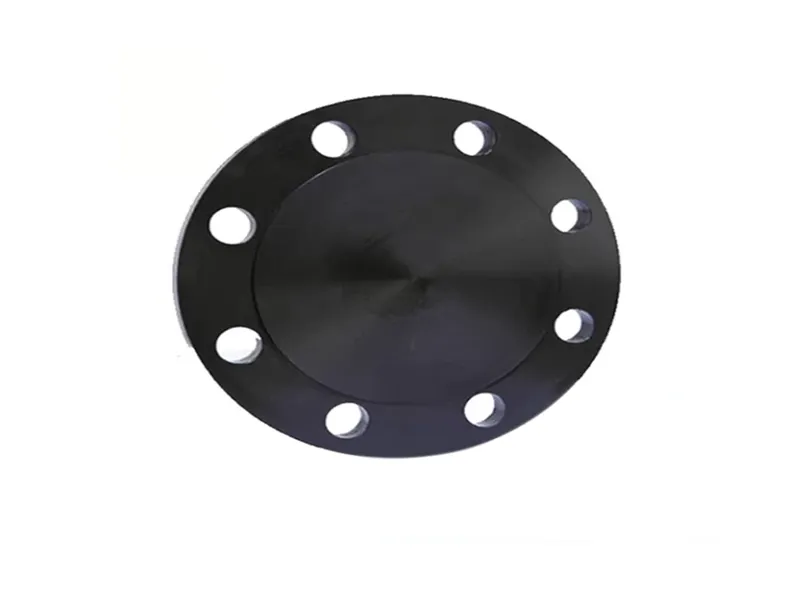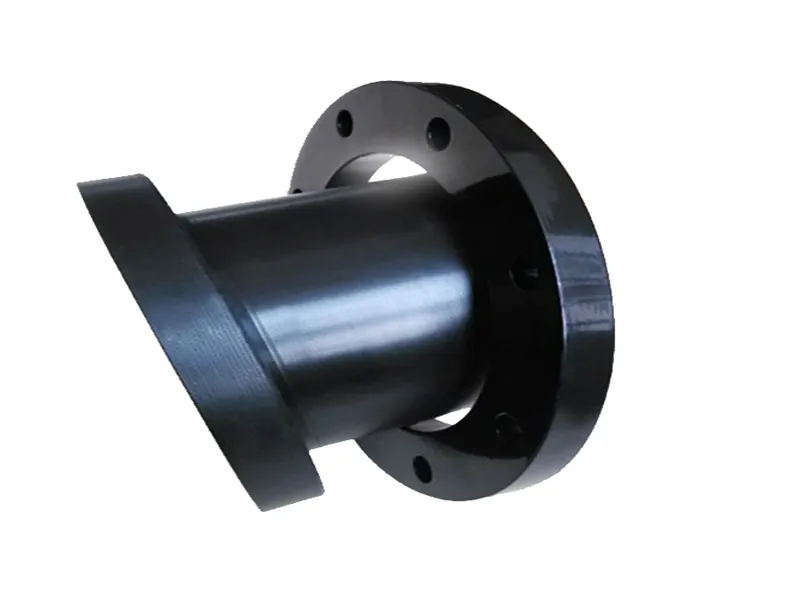What is the ASTM code for carbon steel flanges? The ASTM code for carbon steel flanges is a set of standards established by the American Society for Testing and Materials that ensures the quality, durability, and performance of carbon steel flanges used in various applications. What is the ASTM code for carbon steel flanges? It typically includes specifications such as ASTM A105, which covers forged carbon steel piping components suitable for high-temperature service, and ASTM A350, which covers carbon and low-alloy steel forged components requiring notch toughness testing.
What is the ASTM code for carbon steel flanges? These codes provide critical guidelines for material properties, manufacturing processes, and testing procedures, ensuring that carbon steel flanges meet the necessary safety and performance requirements.

The Role Of ASTM Standards
Before diving into the specifics, it’s important to understand the role of ASTM standards. ASTM International, previously called the American Society for Testing and Materials, is a renowned global authority in creating and providing voluntary consensus standards. These standards encompass a vast array of materials, products, systems, and services. When it comes to what is the ASTM code for carbon steel flanges, these standards ensure that flanges meet stringent requirements for safety, reliability, and performance.
Key ASTM Codes For Carbon Steel Flanges
ASTM A105
- Chemical Composition
- Mechanical Properties
- Heat Treatment
ASTM A105 specifies the chemical composition requirements for carbon steel forgings. The primary elements include carbon, manganese, phosphorus, sulfur, and silicon, with strict limits on the amounts of each to ensure the material’s performance.
The mechanical properties defined by ASTM A105 include tensile strength, yield strength, and elongation. These properties ensure that the material can withstand the stresses and pressures encountered in various service conditions.
ASTM A105 also outlines the heat treatment processes required to achieve the desired mechanical properties. The material is typically normalized or annealed to refine the grain structure and enhance its toughness.
ASTM A181
- Chemical Composition
- Mechanical Properties
- Heat Treatment
The chemical composition requirements for ASTM A181 are similar to those of ASTM A105 but with slightly broader limits. This allows for greater flexibility in the choice of raw materials.
The mechanical properties specified by ASTM A181 include tensile strength and yield strength, but with lower minimum values compared to ASTM A105. This makes ASTM A181 suitable for less demanding applications.
ASTM A181 allows for a wider range of heat treatment processes, including normalizing, annealing, and quenching and tempering, depending on the desired mechanical properties.
ASTM A694
- Chemical Composition
- Mechanical Properties
- Heat Treatment
The chemical composition requirements for ASTM A694 include carbon, manganese, phosphorus, sulfur, silicon, and other alloying elements such as vanadium, columbium, and titanium. These elements enhance the material’s strength and toughness.
The mechanical properties specified by ASTM A694 include tensile strength, yield strength, elongation, and Charpy V-notch impact energy. The high strength requirements make ASTM A694 suitable for high-pressure applications.
ASTM A694 requires specific thermal processes like quenching and tempering, to achieve the desired mechanical properties and ensure the material’s performance under high-pressure conditions.
The Importance Of Adhering To ASTM Standards
ASTM standards ensure that carbon steel flanges can endure the particular conditions they will face, minimizing the risk of failure and ensuring the safety of personnel and equipment.
By following ASTM standards, manufacturers can guarantee the quality and consistency of their products, leading to higher customer satisfaction and fewer defects or failures.
Adherence to ASTM standards is often a regulatory requirement, especially in industries such as oil and gas, chemical, and power generation. Adhering to these standards guarantees that companies meet legal and contractual obligations.
ASTM standards are designed to ensure that carbon steel flanges perform reliably in their intended applications. This includes maintaining their integrity under high temperatures, low temperatures, and high-pressure conditions.
Using standardized components ensures that flanges and other piping components are compatible with each other, facilitating easier installation, maintenance, and replacement.

Importance Of ASTM Standards In The Industry
The ASTM code for carbon steel flanges is essential for guaranteeing the reliability and safety of piping systems employed in various industries. These standards provide a common language and set of expectations for manufacturers, engineers, and inspectors, facilitating the global trade and use of these critical components.
By adhering to ASTM standards, manufacturers can guarantee that their products satisfy the required quality and performance standards criteria. Engineers can design systems with confidence, knowing that the components will perform as expected under the specified conditions. Inspectors can verify compliance with the standards, ensuring that installations are safe and reliable.
Moreover, ASTM standards are continuously evaluated and revised to incorporate the latest technological developments and industry trends practices. This ongoing process ensures that the standards remain relevant and effective in addressing the evolving needs of the industry.

What Is The ASTM Code For Carbon Steel Flanges Manufacturer
Elite Piping Manufacture Co., Ltd. is a leading provider of high-quality carbon steel flanges, and when exploring what is the ASTM code for carbon steel flanges, this company stands out for its adherence to these critical standards.
What is the ASTM code for carbon steel flanges? It encompasses specifications such as ASTM A105 for high-temperature service, ASTM A350 for low-temperature environments, and ASTM A694 for high-pressure applications. Elite Piping Manufacture Co., Ltd. ensures that their products meet these rigorous ASTM codes, thereby guaranteeing reliability and performance across various industrial applications.
What is the ASTM code for carbon steel flanges? It defines the chemical composition, mechanical properties, and testing requirements that Elite Piping Manufacture Co., Ltd. meticulously follows to deliver flanges that meet global standards. By aligning with what is the ASTM code for carbon steel flanges, the company upholds industry best practices and supports the successful operation of critical infrastructure projects.
GET IN TOUCH
Company:
Elite Piping Manufacture Co., Ltd.
Factory Address:
Office # 805, Building No. 6 Poly Metropolitan, Yongshum Town, Tongzhou District, Beijing, China.
Contact Person:
Michael
Contact Numbers:
+86 186 1829 1381
Email:
elite@elitepiping.com

